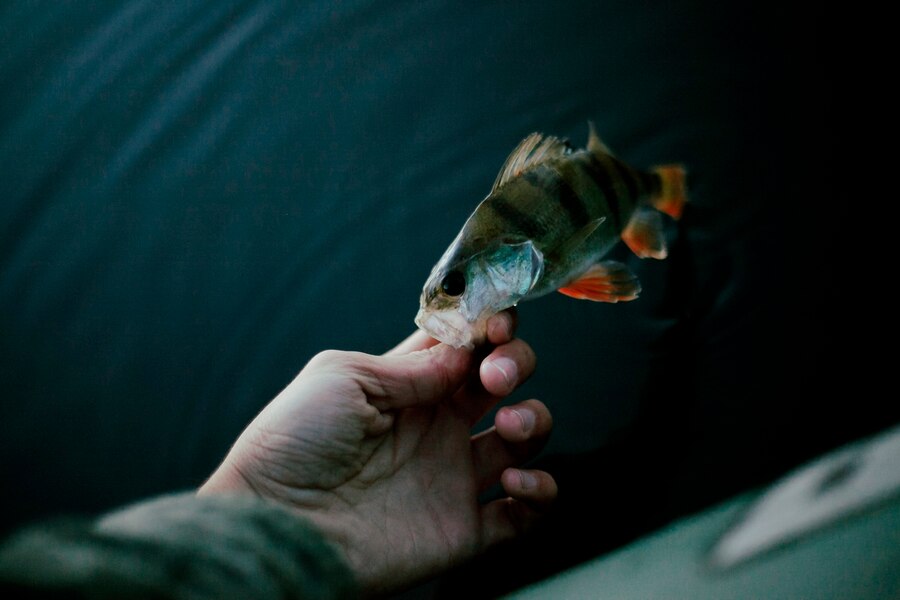Betta fish, known for their vibrant colors and unique personalities, are popular pets cherished by aquarium enthusiasts. However, overfeeding can pose serious health risks to these beautiful creatures. This article explores the causes, symptoms, and prevention of overfeeding in Betta fish, ensuring their optimal health and well-being.
Understanding Overfeeding in Betta Fish
Betta fish, also known as Siamese fighting fish, require a balanced diet to thrive. Overfeeding occurs when they are given excessive amounts of food, leading to various health issues. Unlike some other fish species, Bettafish have small stomachs and can easily become bloated or suffer from digestive problems if fed too much or too frequently.
Causes of Overfeeding
- Misjudgment of Feeding Amounts:
- Owners may unintentionally overfeed due to misunderstanding the appropriate portion size for Betta fish.
- Feeding Frequency:
- Frequent feedings throughout the day, even in small amounts, can accumulate and lead to overfeeding.
- Feeding Behavior:
- Betta fish are known to exhibit begging behavior, appearing hungry even after being fed, which may prompt owners to feed them excessively.
Symptoms of Overfed Betta Fish
- Bloating:
- One of the most common signs is a visibly swollen or distended abdomen, indicating digestive issues and gas buildup.
- Lethargy:
- Overfed Bettas may become lethargic, spending more time resting at the bottom of the tank or near the water surface.
- Loss of Appetite:
- Paradoxically, overfed Bettas may lose interest in food due to digestive discomfort or a full stomach.
- Buoyancy Issues:
- Difficulty maintaining buoyancy or floating erratically, indicating swim bladder problems caused by overeating.
- Fecal Changes:
- Abnormal feces, such as stringy or discolored waste, can indicate digestive disturbances linked to overfeeding.
Prevention of Overfeeding
- Establish a Feeding Schedule:
- Feed Betta fish small portions once or twice daily, ensuring they consume food within a few minutes.
- Monitor Eating Behavior:
- Observe feeding habits closely and resist the urge to overfeed based on begging behavior.
- Use Proper Nutrition:
- Offer a balanced diet of high-quality Betta fish pellets or flakes supplemented with occasional treats like frozen or live foods.
- Avoid Overfeeding During Tank Cleaning:
- Betta fish may appear hungry after disruptions like tank cleaning; resist the temptation to overfeed during these times.
- Consider Fasting Days:
- Introduce fasting days once a week to allow Betta fish to digest food fully and maintain a healthy digestive system.
Treatment for Overfed Betta Fish
- Reduce Feeding Amounts:
- Temporarily reduce or eliminate feeding until symptoms of bloating or digestive issues subside.
- Epsom Salt Bath:
- If constipation persists, consider an Epsom salt bath under veterinary guidance to aid in digestion and relieve bloating.
- Consult a Vet:
- If symptoms worsen or do not improve with dietary adjustments, seek veterinary advice for further diagnosis and treatment.
Conclusion
Overfeeding is a common yet preventable issue that can adversely affect the health of Bettafish. By understanding the causes, recognizing symptoms early, and implementing proper feeding practices, Betta owners can ensure their beloved fish thrive in a healthy aquatic environment.
FAQs
- Can overfeeding lead to death in Bettafish?
- Yes, severe cases of overfeeding can lead to digestive issues, swim bladder problems, and ultimately endanger the life of Bettafish.
- How much should I feed my Bettafish?
- Feed Bettafish small amounts equivalent to their stomach size, once or twice daily, adjusting based on individual appetite and activity levels.
- What should I do if my Bettafish appears bloated?
- Monitor feeding amounts, consider fasting, and ensure the tank environment is optimal. Consult a vet if bloating persists or worsens.
- Can Bettafish eat human food?
- No, Bettafish should not be fed human food; they require a specific diet of Betta pellets, flakes, and occasional live or frozen treats.
- How can I tell if my Bettafish is hungry or begging for food?
- Bettas may exhibit active swimming, flaring gills, or surfacing behavior when hungry. Avoid overfeeding based solely on these signs; maintain a consistent feeding schedule.










